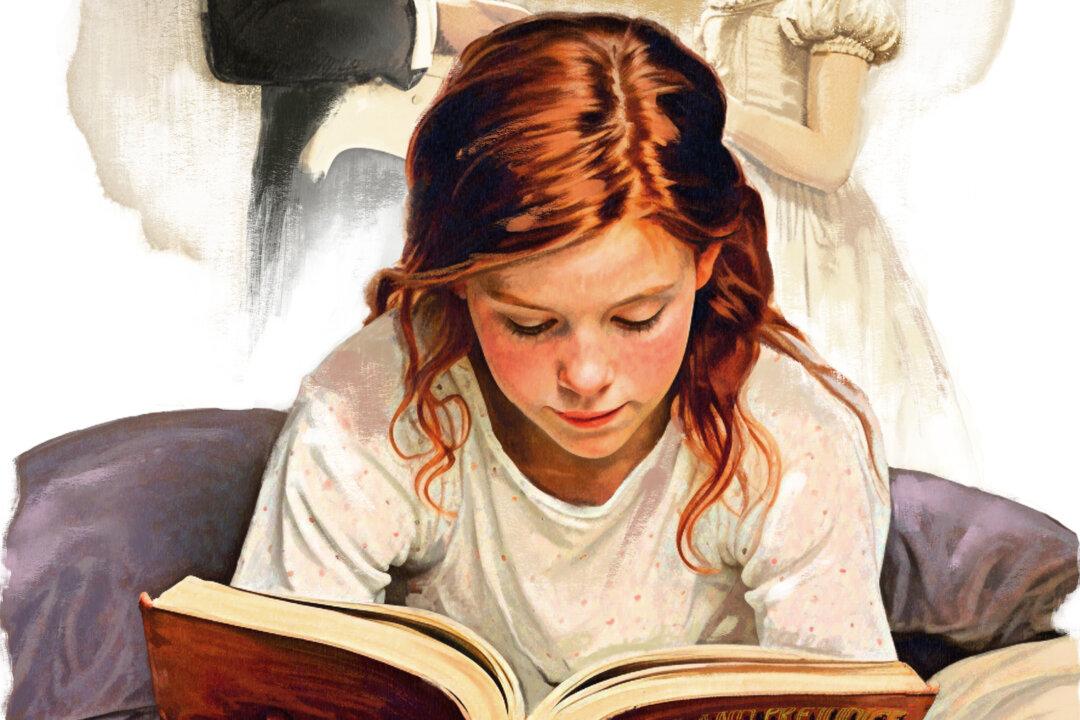Imagine flying an airplane without any practice. No test runs. No simulators. No instructor. No preparation. Just you in the cockpit in a misty cloud, unable to see. There’s a good likelihood that you will crash. In order to successfully fly an airplane, you need to be able to practice the maneuvers over and over before you do them in real life, and you need to learn from the wisdom of an experienced pilot before you take to the skies on your own.
The same holds true for living a good life, which is the ultimate goal of education. We need practice and experience if we wish to be successful—in the truest sense—in life. Few of us can perform any action expertly with no practice, and that also holds true for living well.






